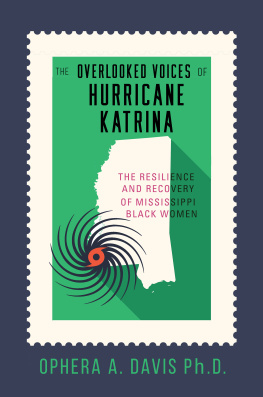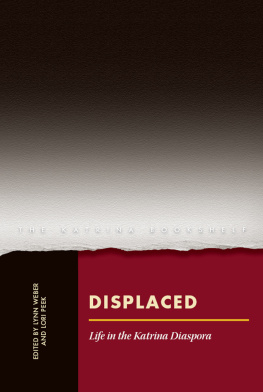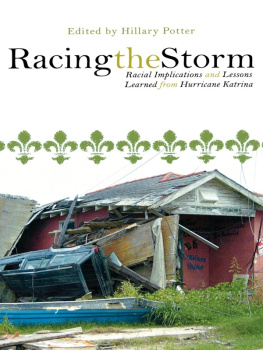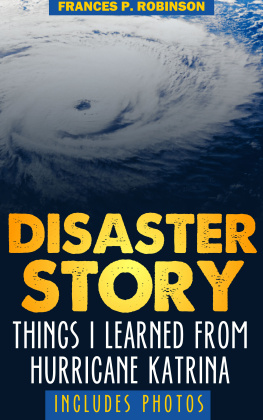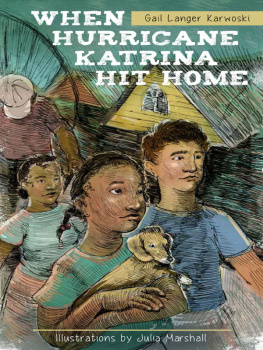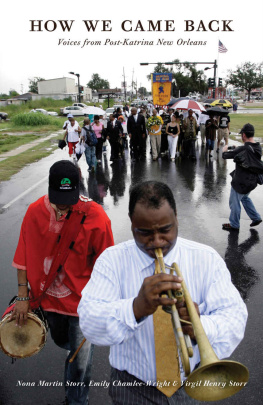Kate Parker Horigan - Consuming Katrina: Public Disaster and Personal Narrative
Here you can read online Kate Parker Horigan - Consuming Katrina: Public Disaster and Personal Narrative full text of the book (entire story) in english for free. Download pdf and epub, get meaning, cover and reviews about this ebook. year: 2018, publisher: Univ. Press of Mississippi, genre: Art. Description of the work, (preface) as well as reviews are available. Best literature library LitArk.com created for fans of good reading and offers a wide selection of genres:
Romance novel
Science fiction
Adventure
Detective
Science
History
Home and family
Prose
Art
Politics
Computer
Non-fiction
Religion
Business
Children
Humor
Choose a favorite category and find really read worthwhile books. Enjoy immersion in the world of imagination, feel the emotions of the characters or learn something new for yourself, make an fascinating discovery.

- Book:Consuming Katrina: Public Disaster and Personal Narrative
- Author:
- Publisher:Univ. Press of Mississippi
- Genre:
- Year:2018
- Rating:4 / 5
- Favourites:Add to favourites
- Your mark:
Consuming Katrina: Public Disaster and Personal Narrative: summary, description and annotation
We offer to read an annotation, description, summary or preface (depends on what the author of the book "Consuming Katrina: Public Disaster and Personal Narrative" wrote himself). If you haven't found the necessary information about the book — write in the comments, we will try to find it.
Horigan discusses unique contexts in which personal narratives about the storm are shared, including interviews with survivors, Dave Eggerss Zeitoun, Josh Neufelds A.D.: New Orleans After the Deluge, Tia Lessin and Carl Deals Trouble the Water, and public commemoration during Hurricane Katrinas tenth anniversary in New Orleans. In each case, survivors initially present themselves in specific ways, counteracting negative stereotypes that characterize their communities. However, when adapted for public presentation, their stories get reduced back to those stereotypes. As a result, people affected by Katrina continue to be seen in limited terms, as either undeserving or incapable of managing recovery.
This project is rooted in Horigans experiences living in New Orleans before and after Katrina, but it is also a case study illustrating an ongoing problem and an innovative solution: survivors stories should be shared in a way that includes their own engagement with the processes of narrative production, circulation, and reception. When survivors are seen as agents in their own stories, they will be seen as agents in their own recovery. Having a better grasp on the processes of narration and memory is critical for improved disaster response because the stories that are most widely shared about disaster determine how communities recover.
Kate Parker Horigan: author's other books
Who wrote Consuming Katrina: Public Disaster and Personal Narrative? Find out the surname, the name of the author of the book and a list of all author's works by series.

